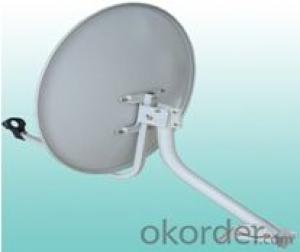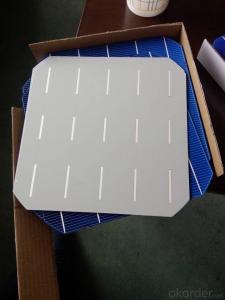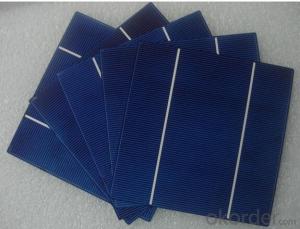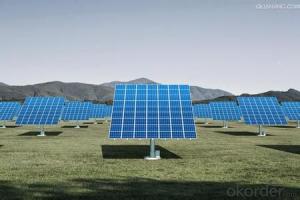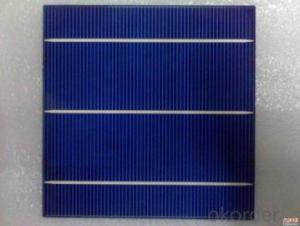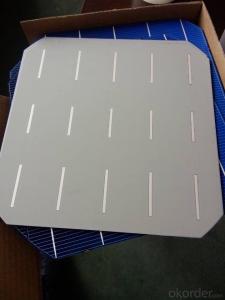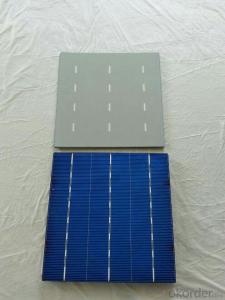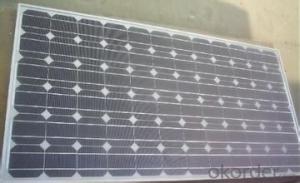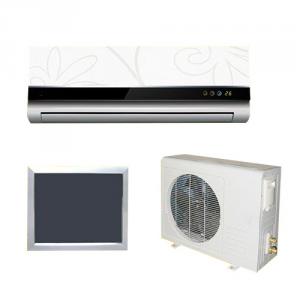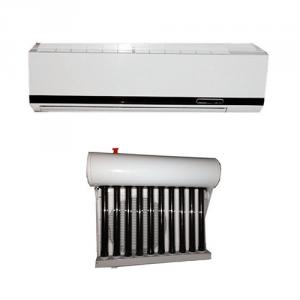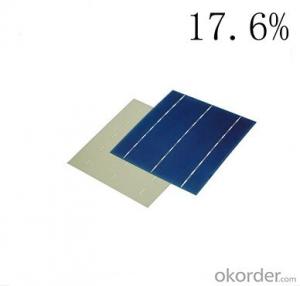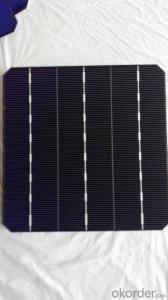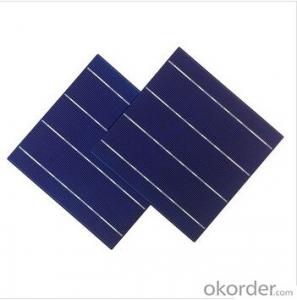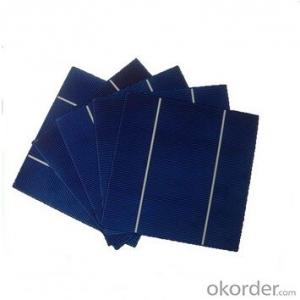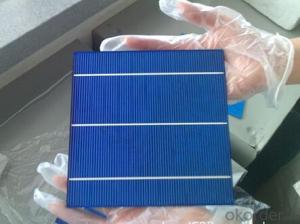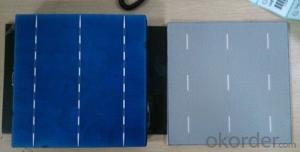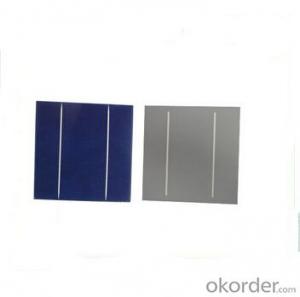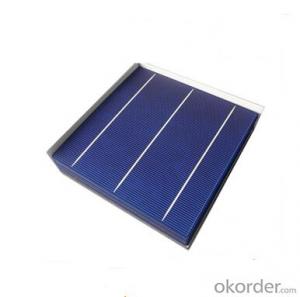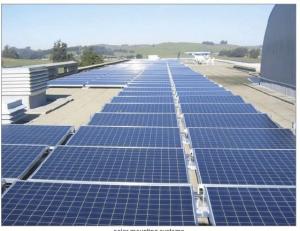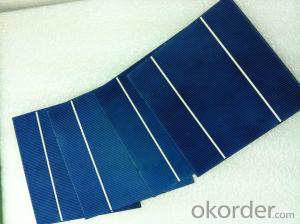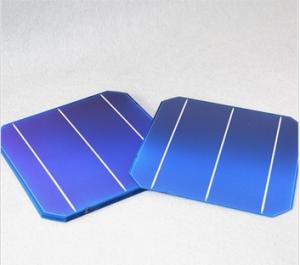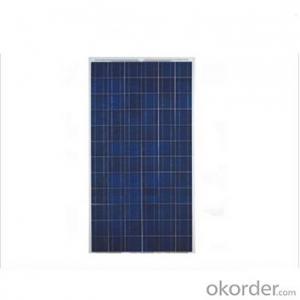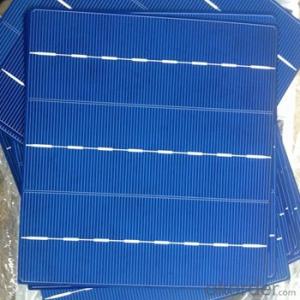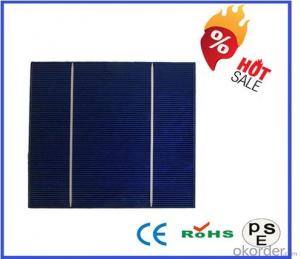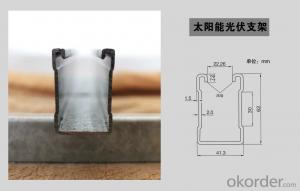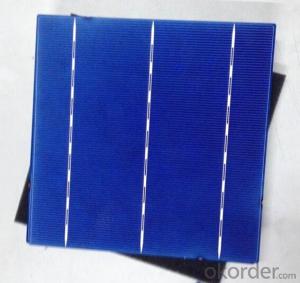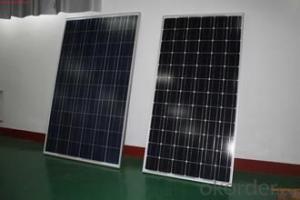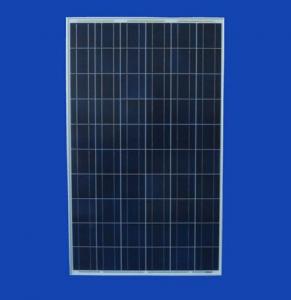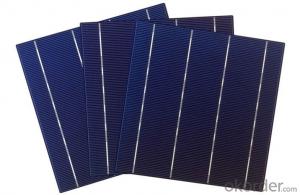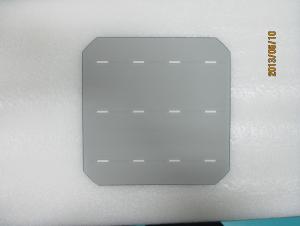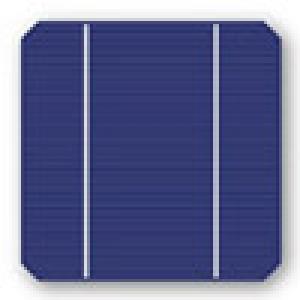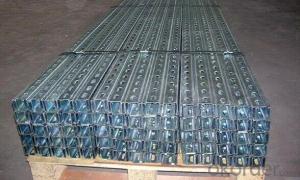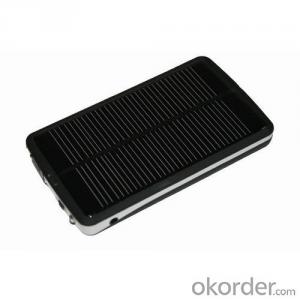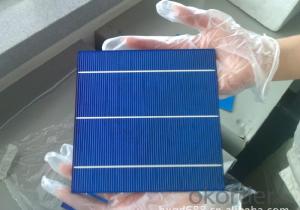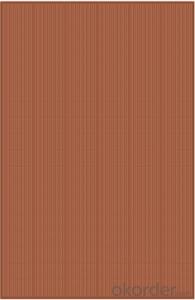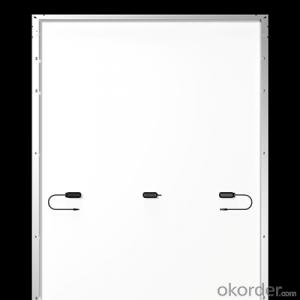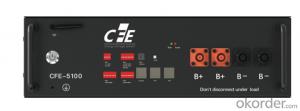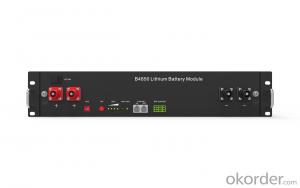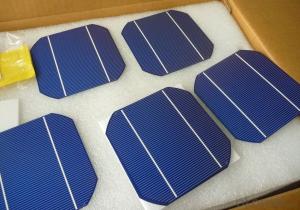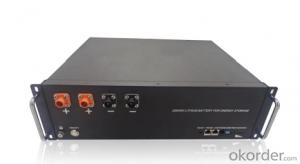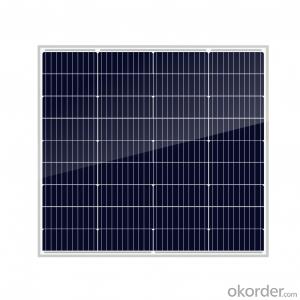Satellite Solar Cells
Satellite Solar Cells Related Searches
Aerospace Solar Cells Compact Solar Cells Solar Energy Cells Photovoltaic Solar Cells Nano Solar Cells Crystalline Solar Cells Bacteria Solar Cells Solar Cell Module Electric Solar Cells Residential Solar Cells Plant Based Solar Cells Organic Solar Cells Lightweight Solar Cells Bulk Solar Cells High Voltage Solar Cells Multilayer Solar Cells High Temperature Solar Cells Floating Solar Cells Multiband Solar Cells High Output Solar Cells Free Solar Cells Polymer Solar Cells High Quality Solar Cells Low Cost Solar Cells High Performance Solar Cells Algae Solar Cells Affordable Solar Cells High Power Solar Cells Commercial Solar Cells Cheap Solar CellsSatellite Solar Cells Supplier & Manufacturer from China
Satellite Solar Cells are high-performance photovoltaic devices specifically designed for use in space applications. These cells are engineered to withstand the harsh conditions of outer space, including extreme temperatures, radiation, and vacuum environments. They are crucial components in satellites, providing the necessary power to maintain their operations and ensure the transmission of critical data back to Earth.Satellite Solar Cells are widely used in various types of satellites, including communication, navigation, weather monitoring, and scientific research satellites. They are essential for powering onboard systems such as communication equipment, sensors, and propulsion systems. The efficiency and reliability of these solar cells directly impact the performance and longevity of the satellite, making them a critical component in space missions.
Okorder.com is a leading wholesale supplier of Satellite Solar Cells, offering a vast inventory of high-quality products to cater to the needs of various industries. With a strong commitment to customer satisfaction, Okorder.com ensures that their Satellite Solar Cells meet the stringent requirements of space applications, providing reliable power solutions for satellites in diverse mission profiles.
Hot Products


